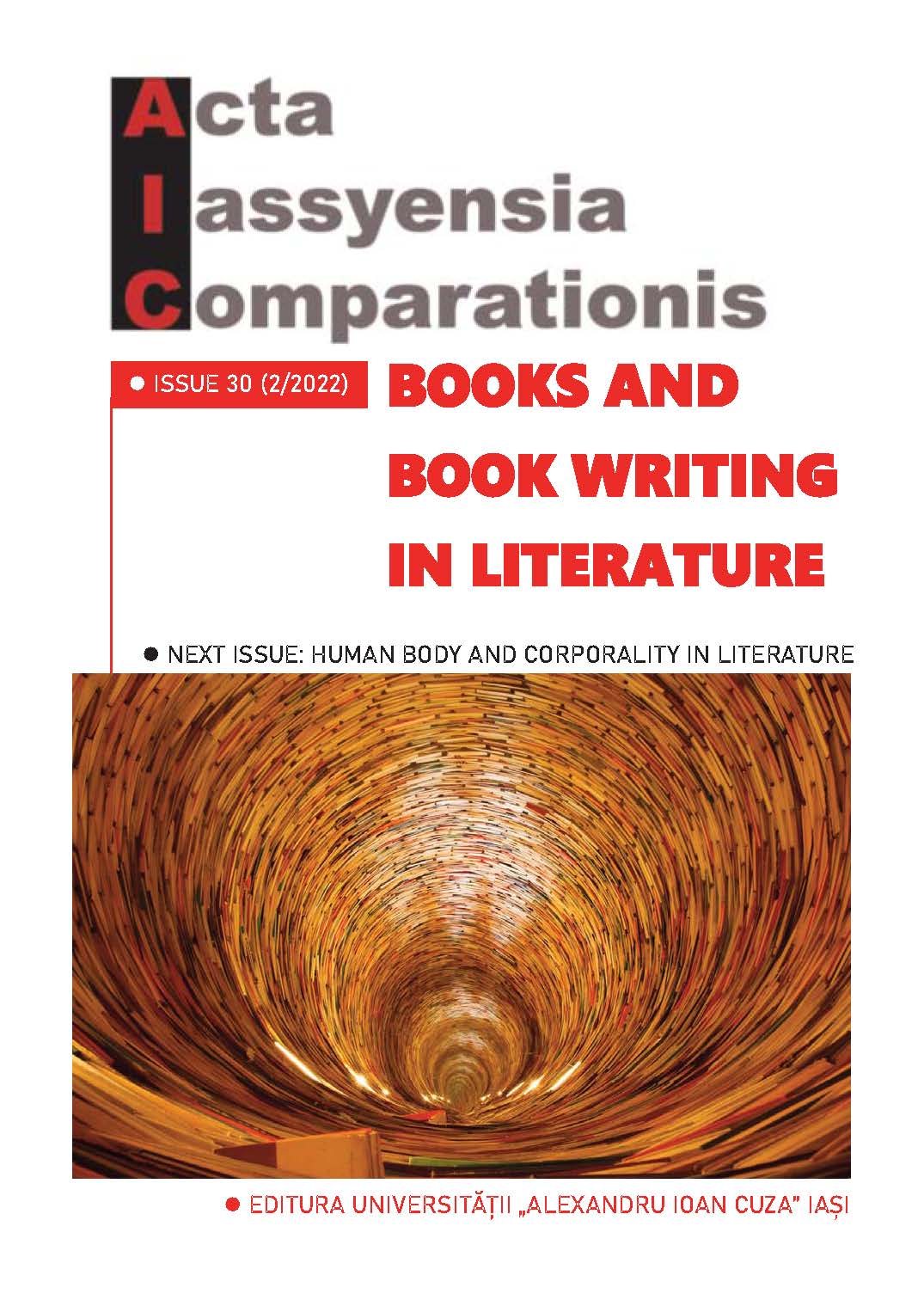Jurnalism despre jurnalism: funcții ale metadiscursului în reportajul literar. Ryszard Kapuściński și Împăratul (1978)
Journalism about Journalism: Metadiscourse and its Functions in Literary Reportage. Ryzsard Kapuściński and The Emperor (1978)
Author(s): Marius - Adrian HazaparuSubject(s): Studies of Literature, Communication studies, Polish Literature
Published by: Editura Universităţii »Alexandru Ioan Cuza« din Iaşi
Keywords: journalistic metadiscourse; literary reportage; narrative journalism; metadiscourse functions; journalistic text production;
Summary/Abstract: Journalistic metadiscourse is the discourse activity used by journalists to comment on themselves and their craft and most often it takes the form of a defensive reaction to situations when the journalistic norms, values and practices are subject to interrogation in the public sphere. Faced with problems concerning transparency, credibility, authority and so on, journalists attempt to repair, reshape or redefine both the public perceptions, and their status and legitimacy against criticism. Unlike most studies researching the metadiscourse within editorial and news pieces, the present article analyses the functions of metadiscourse within the literary reportage as hybrid text at the intersection of journalism and literature and in which personal commentary, objective reporting and sources’ views on things blend in. For this purpose, we chose The Emperor (1978), a reportage book written by Polish journalist Ryszard Kapuściński, labelled as one of the greatest reporters of the 20th century. Alongside enthusiastic reviews, the book also stirred many controversies, and its author faced accusation of lacking accuracy in reporting and fictionalizing the story. This made us wanting to know how is metadiscourse used in The Emperor. A content analysis, followed by a discourse analysis revealed that in the aforementioned reportage book, metadiscourse plays various roles. At the structural level, it fulfils a narrative function; at the auctorial level, it serves as a tool for defining and delinea - ting the reporter’s professional identity, while at public’s level it works as a contact strategy aiming at establishing a connection between the journalist and the reader. Moreover, metadiscourse opens a way for the public to being acquainted with the text production processes, delivering information on the investigation techniques, sources management and editing.
Journal: Acta Iassyensia Comparationis
- Issue Year: 2/2022
- Issue No: 30
- Page Range: 1-14
- Page Count: 14
- Language: Romanian

